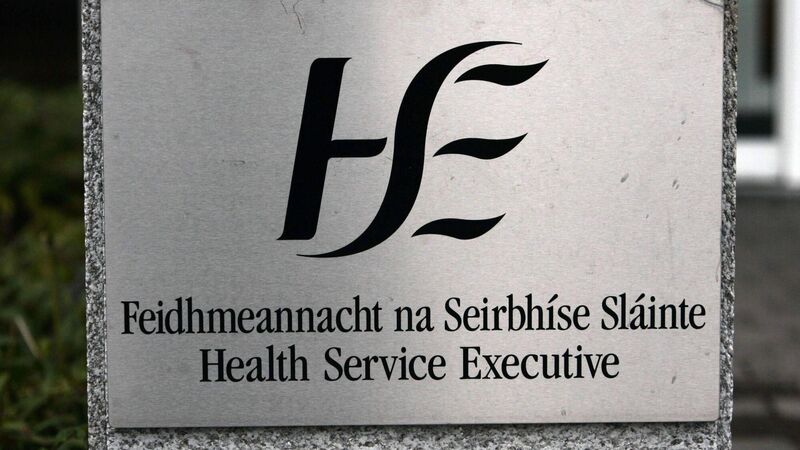Irish Examiner View: HSE procurement shambles is a national embarrassment

One euro in every four of the revenue provided by taxpayers is spent on health.
It seems only a moment ago that the health minister Jennifer Carroll MacNeill was telling us briskly that current high rates of health spending are “not sustainable.”
In fact, it was last month, shortly before Budget 2026 saw an injection of €1.5bn, or 6.2%, on top of this year’s expenditure which will be an eye-watering €26bn. One euro in every four of the revenue provided by taxpayers is spent on health.
BOOKS & MORE
Check out our Books Hub where you will find the latest news, reviews, features, opinions and analysis on all things books from the Irish Examiner's team of specialist writers, columnists and contributors.
















